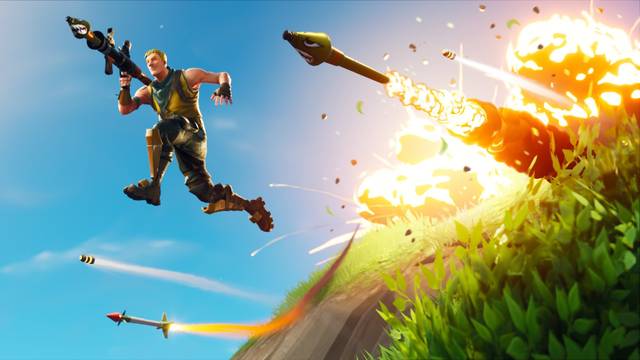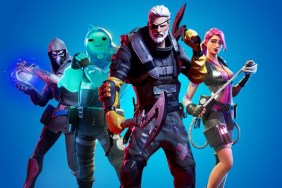The WHO (World Health Organization) made waves yesterday when it officially classified gaming disorder as part of its International Classification of Diseases (ICD). It inspired mountains of backlash and responses from gamers around the world on social media, as they voiced how much gaming means to them and how much it actually contribute to their lives. Gamers are not alone in this, as international organizations representing the games industry have come forward and unite to challenge this notion by giving an official statement on the issue.
The official statement comes from the European Games Developer Federation. It is officially supported by the Entertainment Software Association of Canada, the Brazilian Union of Video and Games, Interactive Entertainment South Africa, Interactive Games & Entertainment Association, Interactive Software Federation of Europe, Korea Association of Game Industry, and the ESA (Entertainment Software Association) itself.
Gaming Disorder Classification: Official Statement
Here’s part of what the official statement contains: “Video games across all kinds of genres, devices, and platforms are enjoyed safely and sensibly by more than 2 billion people worldwide, with the educational, therapeutic, and recreational value of games being well-founded and widely recognized. We are therefore concerned to see ‘gaming disorder’ still contained in the latest version of the WHO’s ICD-11 despite significant opposition from the medical and scientific community. The evidence for its inclusion remains highly contested and inconclusive. We hope that the WHO will reconsider the mounting evidence put before them before proposing the inclusion of ‘gaming disorder’ in the final version of ICD-11 to be endorsed next year.”
The statement ends with the coalition of international organizations stating that classifying gaming as a disorder will “create moral panic and may lead to abuse of diagnosis as the inclusion is not based on a high level of evidence, as would be required to formalize any other disorder.” It feels empowering to see gamers and the games industry banded under one cause with the purpose of preventing the misinterpretation of games, as well as improving its perception of public awareness.
It’s true that being addicted to anything would be harmful, whether it be gaming, eating or even exercising. Too much of anything is never good but how much of something is considered bad differs from person to person. Some might find playing two straight hours of Fortnite excessive while some might consider that mild. Officially diagnosing gaming as a disorder will only lead to a worsening stigma for gaming.







